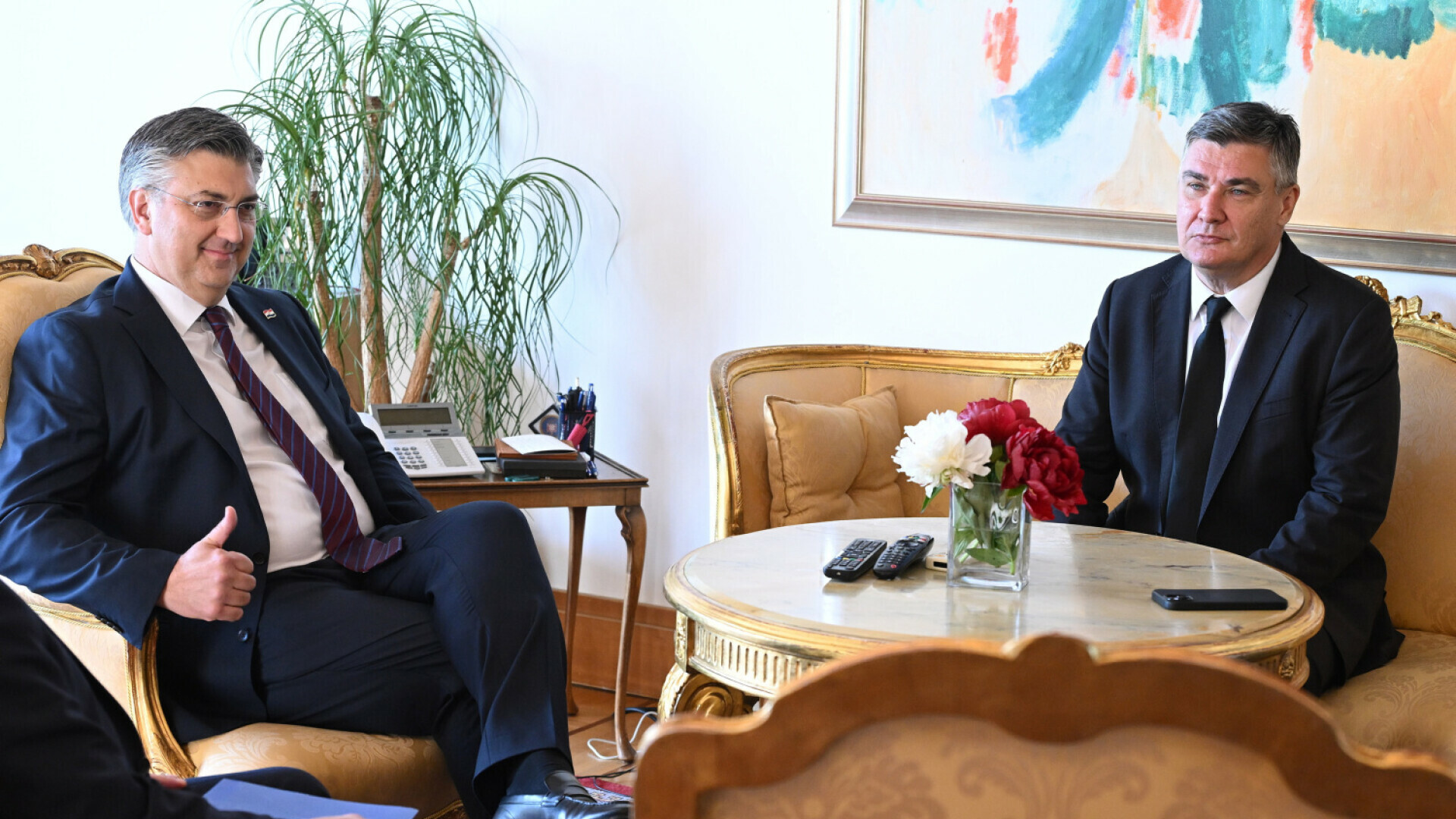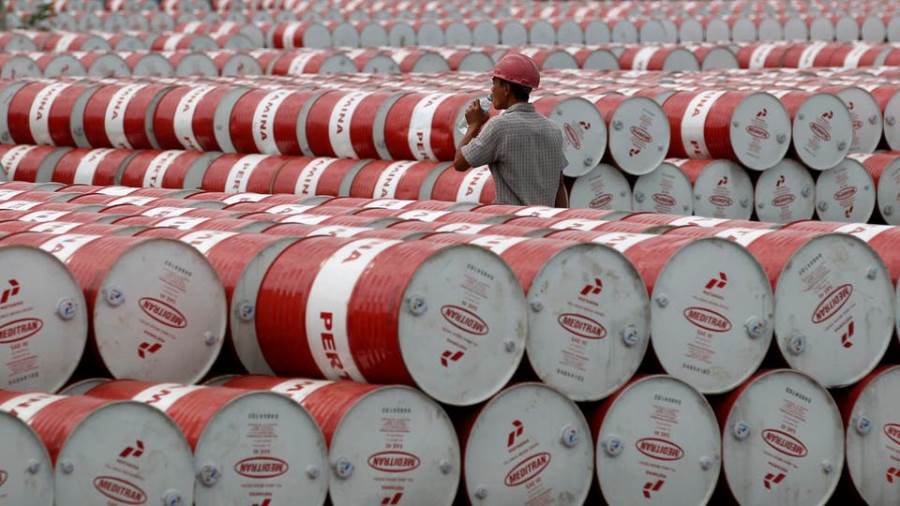African Football Confederation Decides on Union of the Capital Match Against Nahdha Berkane Amid Shirt Controversy
In a controversial decision bound to ripple across African football, the CAF adjudicates on the semi-final match cancellation between Algerian and Moroccan clubs over a political jersey map.
Published April 24, 2024 - 21:04pm
Image recovered from assawsana.com
The African Football Confederation (CAF) has issued its decision regarding the semi-final first leg match of the CAF Confederation Cup between Algeria's Union of the Capital and Morocco's Nahdha Berkane. The match was initially canceled when Algerian authorities detained the Moroccan team's sporting equipment at the airport, alleging that the contained jerseys depicted the complete map of Morocco.
CAF ruled Union of the Capital as losers with a scoreline of 3-0 for the first leg against Nahdha Berkane. The return leg is expected to take place in Morocco on the date that was previously set. However, doubts linger about Union of the Capital's willingness to travel to Morocco for the second leg, with the club maintaining its stance on appealing to FIFA against CAF's decision.
Legal stands seem to favor Nahdha Berkane as the Tunisian sports law expert, Anis Ben Mim, pointed out that the Moroccan club's position is legally robust while that of Union of the Capital is weak. The stance is reinforced by CAF's regulations, which mandate an obliging environment for the visiting teams, including a smooth airport experience and access to sports equipment approved by CAF beforehand.
As for the fate of the muddled first leg, CAF has options to consider, such as rescheduling the match or reaffirming the forfeiture. Amid this conundrum, the Algerian Club announced its intention to present its case to the Court of Arbitration for Sport in Lausanne, Switzerland.
Meanwhile, Moroccan and Algerian media have been consumed by the 'Shirt Map Crisis,' adding fuel to the already strained diplomatic relations over the Western Sahara dispute.
The controversy between the Union of the Capital and Nahdha Berkane has transcended beyond the pitch, reflecting deeper political tensions between Algeria and Morocco. This incident occurred during a period when both nations have had their relations frayed due to political standpoints related to the Western Sahara issue. The Western Sahara conflict has seen Morocco claiming sovereignty over the region whereas Algeria supports the Polisario Front, seeking independence for Western Sahara. This political backdrop is crucial in understanding the gravity of the situation that unfolded at the airport.
The sporting world often prides itself on being above political frictions, representing unity and healthy competition. However, when geopolitical conflicts spill over onto the sports stage, the fabric that binds the spirit of sportsmanship is tested. The CAF Confederation Cup, as a major football tournament in Africa, is not only a showcase of the sport's prowess on the continent but also a symbol of unity amidst diversity. Thus, the recent event has not only disappointed fans but also sport authorities who strive for a political-neutral ground in football.
The ramifications of the airport incident were immediate, with social media erupting in a mixture of outrage, support, and speculation over the official statements from both clubs and their respective football federations. In addition, the diplomatic chess game, now involving the realm of sports, is setting precedents for how similar situations may be adjudicated in the future. This particular episode might hold significant weight in providing guidelines and establishing protocols that ensure football remains insulated from political conflicts.
The Algerian club Union of the Capital, also known as "Union Sportive Médina d'Alger" (USMA), hasn't taken CAF's decision lightly. They argue that the sanctions imposed are disproportionate and inconsistent with the spirit of the game. The sporting equipment in question, which sparked this entire episode, comprises an essential part of the team's identity and morale. Moreover, the equipment, approved by CAF beforehand, signals the importance of abiding by the governing body's regulations pertaining to team gear and paraphernalia.
Looking ahead, the focus will soon turn to the return leg scheduled to be held in Morocco. This match offers Union of the Capital an opportunity to concentrate on the scoreline. Yet, the lingering uncertainty about USMA's travel plans speaks to concerns that extend beyond the normal apprehensions any team would have playing abroad. It underscores the prevailing climate of distrust and how a seemingly straightforward football fixture is wrapped in layers of nationalistic sentiment and international law.
In analyzing the legal perspectives, it is crucial to understand the framework within which CAF operates. CAF's statutes, similar to those of FIFA, aim to ensure that off-pitch issues do not hinder the organization and execution of football matches. Anis Ben Mim’s outlook casts a shadow over Union of the Capital's legal recourse, suggesting that the justification for the Algerian club's grievances might not be as straightforward as they believe. Still, the club's decision to appeal to the Court of Arbitration for Sport is a testament to the significant investment that football clubs make, in terms of finance and passion, and their dedication to exhaust every possible avenue to seek what they perceive as justice.
To add to the complexity, this incident arrives in the wake of CAF's ongoing efforts to improve the competitive nature and organization of African football. Any decision taken by the Court of Arbitration for Sport will be observed closely by the wider football community, as it may set a standard for handling similar issues in the future. In the immediate term, the anticipation for the resolution of this dispute keeps various stakeholders in a state of keen expectancy.
For now, as the narrative of this 'Shirt Map Crisis' unfolds, the footballing world watches intently. Will there be an amicable resolution, or will the standoff harden into an impasse that causes far-reaching ripples in African football administration? The answer lies in the convergence of sports governance, international diplomacy, and legal interpretation – a triad that continues to define the ever-evolving relationship between politics and sports. The impending Court of Arbitration for Sport proceedings may not only decide the fate of a football tournament fixture but could also send a reverberating message about the role of sports in bridging or broadening geopolitical divides.




:quality(70)/cloudfront-eu-central-1.images.arcpublishing.com/irishtimes/TKSMUIFON5E73CGUUHHXAF5JJM.jpg)


